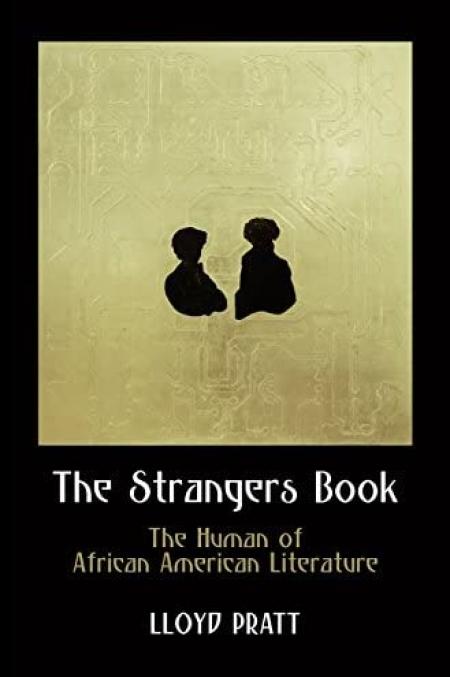
American Antiquarian Society
185 Salisbury Street
Worcester, MA 01609
United States
The year 1845 saw the publication of two key texts in the African American literary tradition: Frederick Douglass’s Narrative of the Life of Frederick Douglass, American Slave, Written by Himself and a collection of francophone poetry published in New Orleans by a group of free men of color and titled Les Cenelles: Choix des poésies indigènes. In The Strangers Book: The Human of African American Literature, Lloyd Pratt tells the story of how these two volumes were part of a political and aesthetic project dedicated to creating spaces—real and imaginative—that were hospitable to “stranger humanism.” Both volumes placed literature at the center of the project of communicating the experiences of people of African descent to a wider world. At the same time, both volumes made clear that certain protocols of respect and dignity were required from white readers and fellow citizens if the sense of a shared human condition was to unfold. These texts sought neither sympathy nor empathy in any simplistic sense. They suggested instead that what it means to be human is to acknowledge how limited our knowledge of other people’s experience can be and to take seriously our responsibility for learning how to both approach and respect that gap. These writers participated in a longer and larger project of thinking from a Black perspective about what it means to be “human.”
